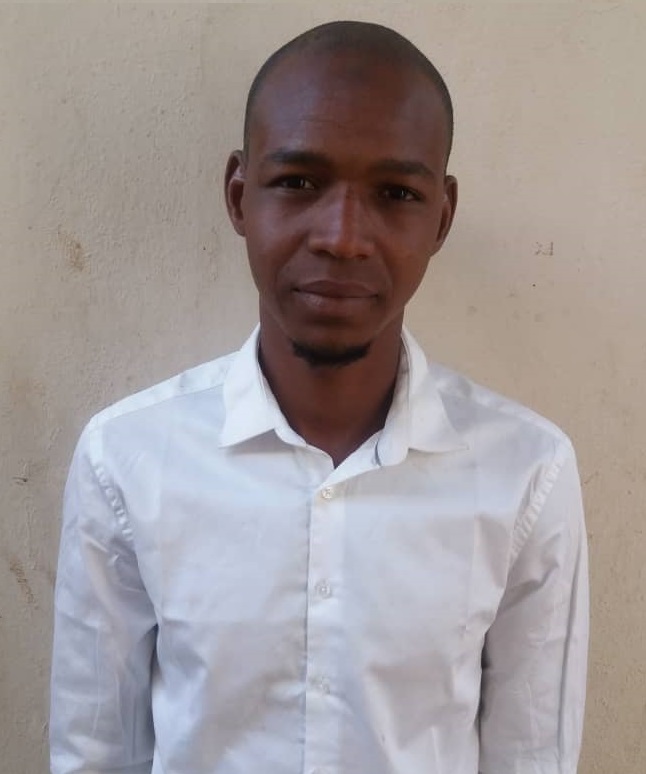Demba Diallo: The Benefits of My Cowpea Project Internship
January 27, 2021 - Demba Diallo
Demba Diallo: The Benefits of My Cowpea Project Internship
Demba Diallo
January 27, 2021

I am a Master II student in Applied Development Economics (M.E.A.D) at the Faculty of Economics and Management (F.S.E.G) of the University of Social Sciences and Management of Bamako (U.S.S.G.B). I did an internship during the 2020 school year, as part of the project “Quantifier l’échelle et la gamme des produits nutritifs à base de niébé sur les marchés locaux en Afrique de l’Ouest” (Quantifying the scale and range of nutritious cowpea-based products on local markets in West Africa), funded by the Feed the Future Innovation Lab for Legume System Research, and executed by Michigan State University and its partners in Mali.
Thanks to the project's internship program, I was able to benefit from a wide range of support that allowed me to complete my Master's thesis. First of all, I received financial support which helped me pay my tuition fees for my Master II.
Second, in the context of COVID-19, it is difficult to find an internship and to be able to continue your education. Fortunately, the project enabled me to continue my research during this period. With the COVID-19 health situation, it is difficult for students to access public administration and gain access to data. The project met this challenge by providing me with secondary databases from the National Institute of Statistics (INSTAT), the Strategic Planning Unit (CPS) and the Agricultural Market Observatory (OMA). My econometric analysis is based on these databases.
Further, during the internship I received some training that is essential in the field of research. Although I had already received training the topic of research methods during my studies, the training organized by the cowpea project further strengthened my capacities in this area and helped me write my thesis. For example, I learned how to write an outline for a scientific article and dissertation, and how to cite books and make a bibliography. I also took part with great interest in another training in statistics using Excel, which supported my capacities in the field of econometrics. There are several things I hadn't learned in college, such as processing data with an Excel spreadsheet, presenting graphs, and doing statistical calculations.
I also took advantage of the guidance offered by Dr. Mamadou Sissoko. He was always available to answer my questions. He was a guide for me. He shared with me immense knowledge in the field of research. Thanks to him, I learned a lot about computer tools, such as the Stata econometric software. I did not have access to this type of software during my training at the university. I also had face-to-face and telephone interviews with him which guided my research. I was lucky enough to quickly benefit from his positive reviews of my work. In short, I was able to complete my dissertation because of his support and encouragement. This would not have happened at the university, where I have difficulty meeting with my other professors to discuss my work.
In addition, this internship allowed me to benefit from easy access to the library of the Institut d’Economie Rurale (IER) and to conduct interviews with experts in the field of agricultural economics including with the Observatoire du Marché Agricole (OMA). Thanks to this cowpea project, I was able to expand my professional network by interacting with other students from the University of Social Sciences and Management of Bamako and the IPR-IFRA of Katibougou (Institut Polytechnique Rural de Formation et de Recherche Appliquée). I had some interesting discussions about agriculture with these students and with another master's student in geography. These discussions have helped to improve my knowledge and my thesis. I also benefited from the payment of internet fees with cards each month, which provided me with easy online access to tutorials and documents. Finally, this internship program taught me the importance of cowpea in household food consumption in rural and urban areas in Mali.



 Print
Print Email
Email




